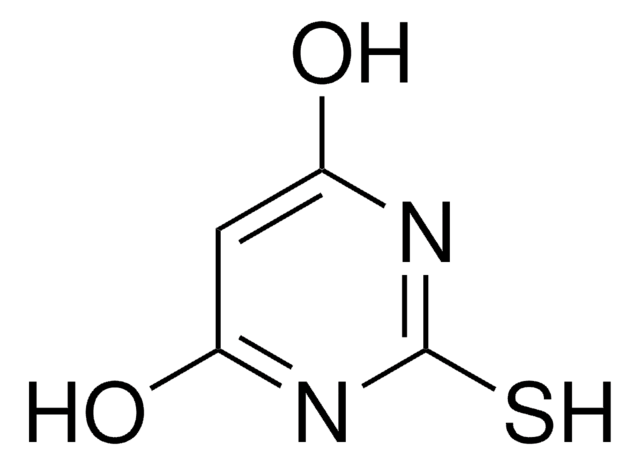Recommended Products
form
liquid
Quality Level
contains
≤0.1% sodium azide as preservative
manufacturer/tradename
Calbiochem®
storage condition
OK to freeze
shipped in
ambient
storage temp.
10-30°C
General description
An aqueous mounting medium for use in conjunction with fluorescent tracers such as fluorescein, rhodamine and phycobiliprotein probes. Specifically designed for preserving fluorescent stained tissue sections. FluorSave is formulated without glycerol and therefore is ideal for use with phycobiliproteins.
Aqueous mounting medium for use in conjunction with fluorescent tracers such as fluorescein, rhodamine, and phycobiliprotein probes. Preserves fluorescence-stained tissue sections. Specially formulated without glycerol. Ideal for use with phycobiliprotein tracers.
Warning
Toxicity: Standard Handling (A)
Legal Information
CALBIOCHEM is a registered trademark of Merck KGaA, Darmstadt, Germany
Storage Class Code
10 - Combustible liquids
WGK
WGK 1
Certificates of Analysis (COA)
Search for Certificates of Analysis (COA) by entering the products Lot/Batch Number. Lot and Batch Numbers can be found on a product’s label following the words ‘Lot’ or ‘Batch’.
Already Own This Product?
Find documentation for the products that you have recently purchased in the Document Library.
Customers Also Viewed
Srinidhi Jayaraman et al.
Journal of neurochemistry, 153(1), 120-137 (2019-09-06)
Previous studies documented up-regulation of peptidase neurolysin (Nln) after brain ischemia, however, the significance of Nln function in the post-stroke brain remained unknown. The aim of this study was to assess the functional role of Nln in the brain after
Claudio Cantù et al.
Science signaling, 10(465) (2017-02-09)
Wnt-stimulated β-catenin transcriptional regulation is necessary for the development of most organs, including teeth. Bcl9 and Bcl9l are tissue-specific transcriptional cofactors that cooperate with β-catenin. In the nucleus, Bcl9 and Bcl9l simultaneously bind β-catenin and the transcriptional activator Pygo2 to
María Victoria Chacón-Quintero et al.
Frontiers in cellular neuroscience, 15, 656832-656832 (2021-05-25)
Dysfunction in the neurovascular unit (NVU) is a key component in the progressive deterioration of Alzheimer's disease (AD) and is critical in vascular dementia. Recent studies have shown that inflammation plays early and perhaps causal roles in the pathogenesis of
Sarahi G Molina et al.
Stem cell research, 49, 102015-102015 (2020-10-11)
Induced pluripotent stem cells (iPSCs) generated from young, healthy individuals are valuable tools for investigating molecular disease mechanisms during the early development of the brain vasculature. We generated an iPSC line from peripheral blood mononuclear cells (PBMCs) isolated from a
Yajuan Guo et al.
eLife, 9 (2020-05-06)
The intermediate filament protein keratin 14 (K14) provides vital structural support in basal keratinocytes of epidermis. Recent studies evidenced a role for K14-dependent disulfide bonding in the organization and dynamics of keratin IFs in skin keratinocytes. Here we report that
Our team of scientists has experience in all areas of research including Life Science, Material Science, Chemical Synthesis, Chromatography, Analytical and many others.
Contact Technical Service







